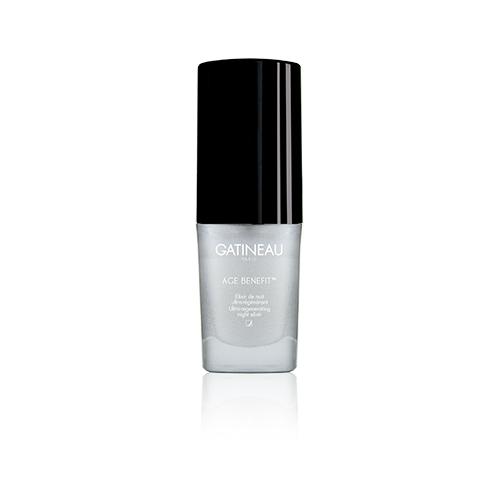
Is sleep really that good for your skin…and how do you make the most of it?
Sleep is believed to be the foundation for building and maintaining good health and wellbeing, as well as guarding against stress: most of us have – at one time or another – experienced the dramatic side effects sleep deprivation can cause.
Sleep research is hugely popular these days – and science has confirmed that a good night’s sleep (on a regular basis) is essential for repairing, regenerating and restructuring the skin. Researchers have been able to prove that the cell rejuvenation process takes place when your body is at rest, which suggests that your skin is at its most beautiful and luminous after a peaceful night on your pillow.
Sleeping for over eight hours a night is an optimum goal, while at least seven hours is the minimum recommended for adults; surveys have shown, however, that only a third of British adults actually achieve this amount of quality sleep.
Trick of the light
There’s a scientific reason to explain the link between good sleep and good skin.
During daylight hours, the skin’s main job is to keep hydrated and protected. At night, when it’s dark and we’re sleeping, genetic programming triggers the skin to go into ‘recovery’ mode.
That’s why you’ll often read advice about switching off your screen when you’re ready for bed. Phones and tablets emit blue light, which mimics sunlight and sends the wrong signals to your brain when it’s time to go to sleep.
To prepare your body for that all-important rest phase, relaxing in a dimly lit room, with your phone tucked away until morning, is highly advisable.
Streamline your bedtime routine
Simplicity is the word when it comes to the night shift.
Skin cells have a limited amount of energy and so they can’t do too many things at once. Using too many products, or products with too many ingredients, will confuse your skin. This could even cause it to become irritated or congested.
Using one well-targeted product at bedtime, after cleansing skin gently, may be a more useful approach.
Switching up your bedtime skincare routine occasionally, and choosing new products to keep your skin stimulated, can also help to avoid the ‘plateaueffect’, where your skin becomes less responsive to the same ingredients or
products.
So don’t be afraid to try something new when you turn in.
Night-night treats
Ready for your eight hours?
Such is the link between good skin and sleep that overnight skincare products are some of the most powerful and sought after on the market.
We’ve chosen some of our favourite bedtime skin treatments to help you take advantage of a regenerative, restful night.
Here’s to waking-up feeling refreshed – and making the very most of the rejuvenating properties of a good night’s sleep.
Dermalogica Sleep Sound Cocoon – this night gel-cream harnesses the power of nature with science to promote sound sleep and healthy, radiant skin.
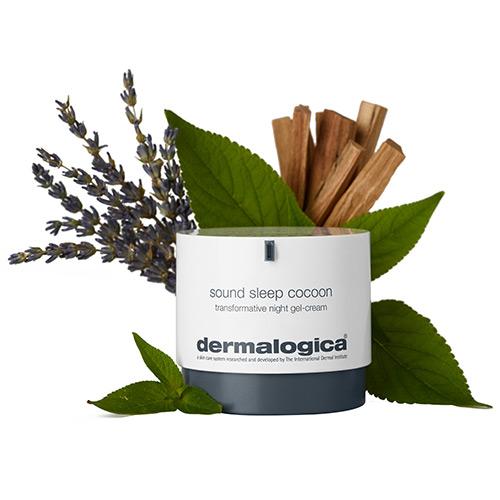
Elemis Superfood Night Cream – an omega-rich night cream that feeds dry and depleted skin, boosting it with intense nutrition.
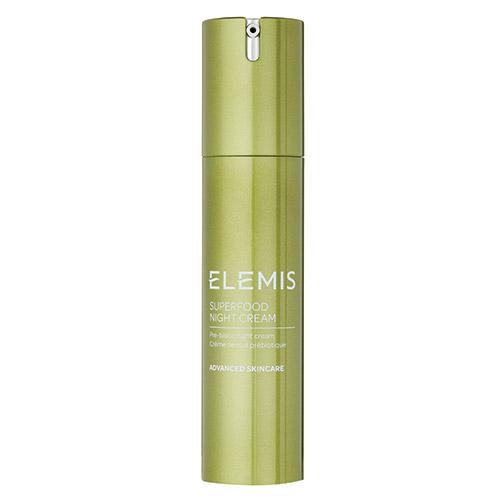
Dermalogica PowerBright TRX Pure Night– – this nourishing overnight treatment cream, with an active blend of skin-brightening agents, restores skin luminosity and helps reduce the appearance of brown spots and uneven skin tone while you sleep.
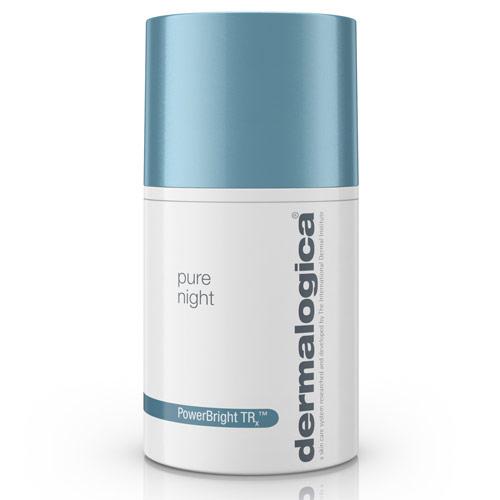
Decleor Hydra Floral White Petal Skin Perfecting Hydrating Sleeping Mask – during the night, this
light gel mask reduces the appearance of dark spots and refines skin texture so you’ll wake up with transformed skin: recharged, bright, glowing and fresh.
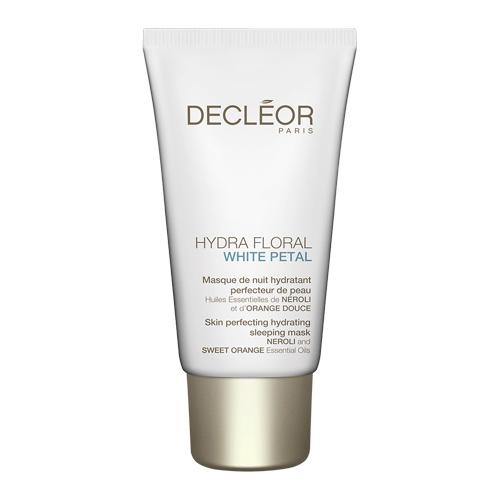
Gatineau Age Benefit Night Elixir– designed for clients over 50, and formulated with the highest concentration of Age Benefit Technology, this powerful anti-ageing treatment works to correct pigmentation flaws, smooth lines and wrinkles, boost radiance, and firm and rehydrate the skin overnight. Described as a “miracle worker”, it rejuvenates skin while you sleep for a glowing and more youthful complexion.
